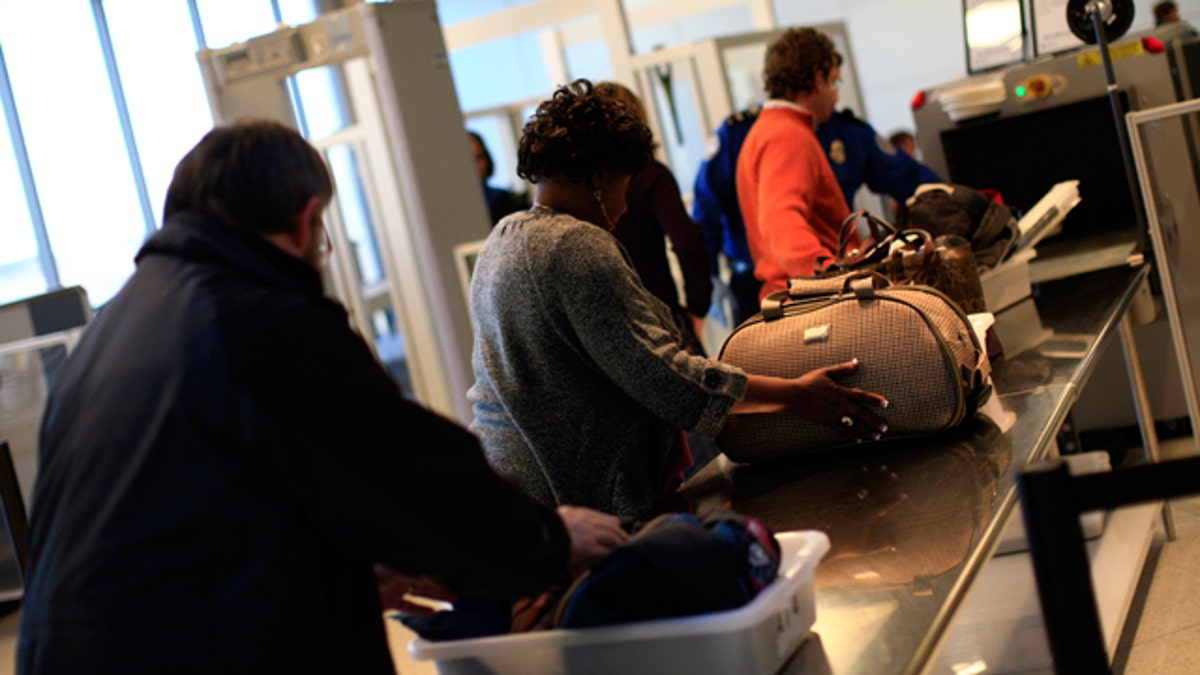
(Reuters)
Business travelers who find themselves in airports frequently may soon be able to pass by security lines -- if they are willing to provide personal information to U.S. officials.
The Transportation Security Administration began testing a limited, voluntary passenger pre-screening initiative in the Hartsfield-Jackson Atlanta International, Detroit Metropolitan Wayne County, Dallas/Fort Worth International and Miami International airports earlier this week.
The agency alleges the program, called PreCheck, would expedite airport check-in times while enhancing security by placing more focus on pre-screening individuals who volunteer information.
“By learning more about travelers through information they voluntarily provide, and combining that information with our other layers of security, we can focus more resources on higher-risk and unknown passengers,” TSA administrator John Pistole said.
The program follows concerns voiced by some travel groups about what they called the one-size-fits-all body scans and pat downs currently used by the TSA. When the TSA began experimenting with advanced imaging technology scanners last November, consumers were so appalled that private rights activists organized a day dubbed “national opt-out” to boycott the machines.
The TSA’s newest program relies on pre-screen capabilities to make more intelligence-based risk-assessments on passengers.
Certain eligible flyers who have already provided personal information to the government will receive a bar code on their boarding pass that, when scanned by agents, will cause the passenger to be rerouted to another security lane. There they may be allowed to keep their shoes and jackets, and keep their liquid toiletries and laptops in their bag.
However, the TSA says these eligible passengers will still be eligible to be pulled at random for additional screening. As always, security methods throughout the airport would also include behavior detection officers, explosives-detection systems, canine teams, and federal air marshals, among other seen and unseen methods.
Eligible participants include certain frequent flyers from American Airlines, which is owned by AMR (NYSE:AMR), Delta Air Lines (NYSE:DAL) and members of the Customs and Border Protection’s Trusted Traveler programs who are U.S. citizens flying on participating airlines.
If the test proves successful, the TSA plans to expand the pilot to include additional airlines, as well as other airports that participate in Customs and Border Protection’s Global Entry program.
As part of its goal to increase risk-based security, the TSA is also testing other new screening initiatives, including a program designed to provide position I.D. verification for airline pilots and the use of expanded behavior detection techniques.
Keep up with the latest travel news on the FOX Business Travel Facebook page








































